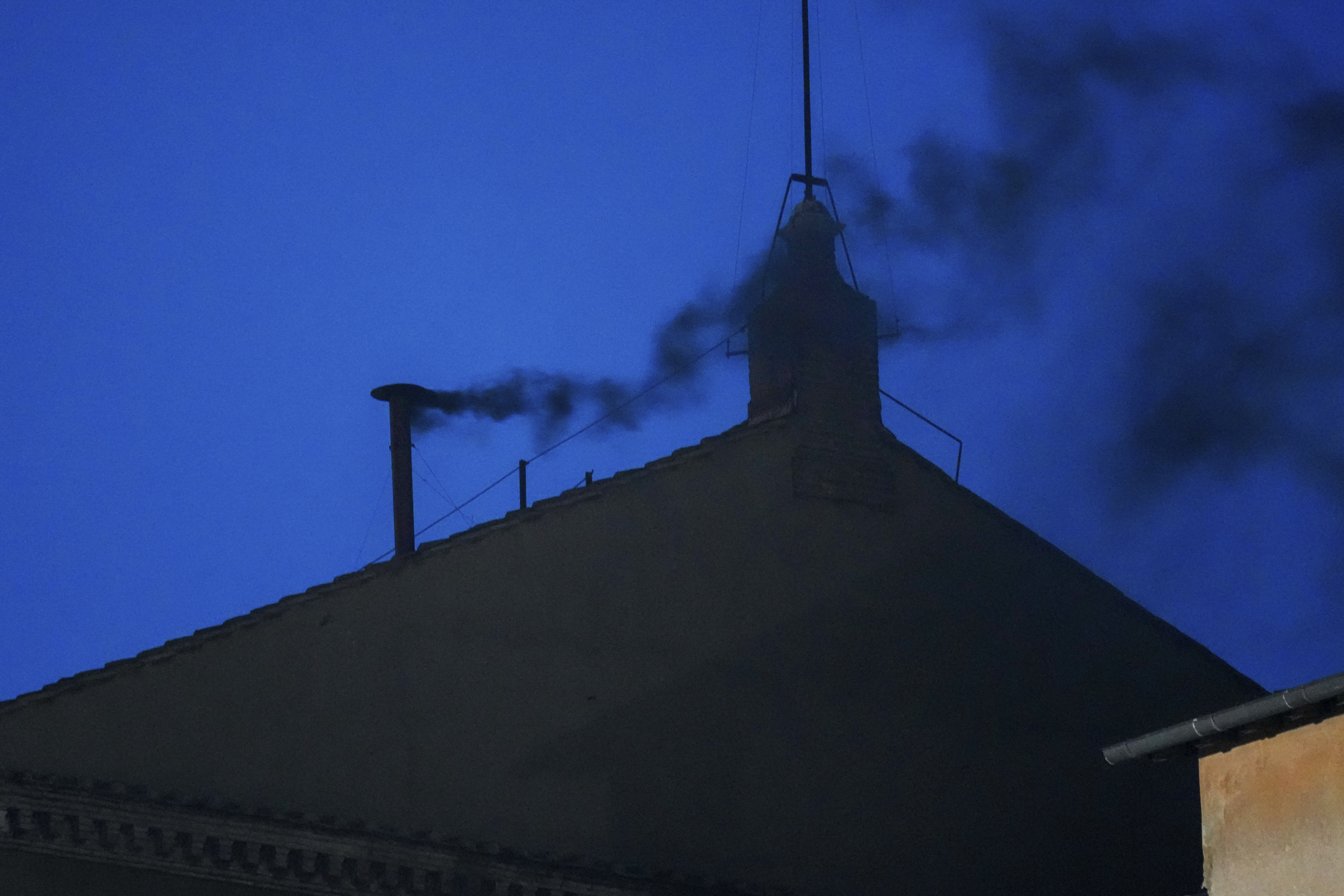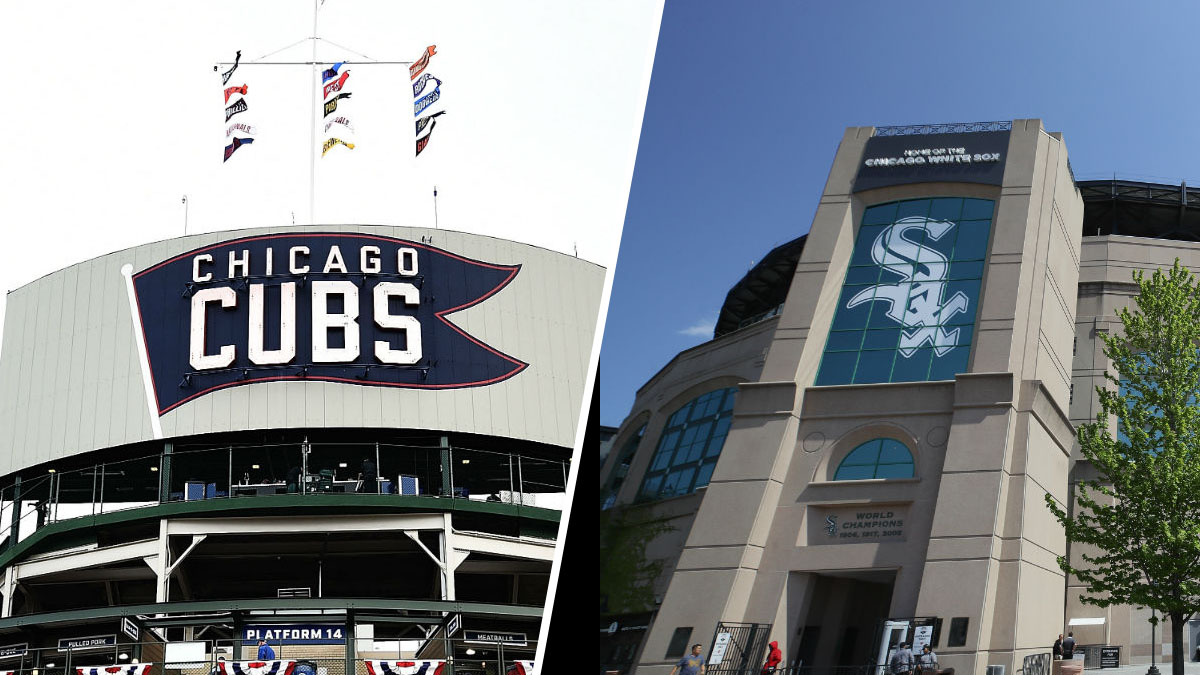No Pope Elected! Conclave Day 1 Signals Wait Continues
Black Smoke Signals: No Pope Elected on First Day of Conclave!
Awaiting a New Shepherd: Introduction
The world watched with bated breath yesterday as 133 cardinal electors sequestered themselves within the hallowed walls of the Sistine Chapel. Their mission? To choose the next leader of the Catholic Church, the successor to St. Peter, the new Pope. But as the day wore on, and the sun began to set over Vatican City, a familiar, yet disappointing, plume arose from the chimney: black smoke. No Pope had been elected on the first day of the conclave.
The Weight of Tradition: The Conclave Begins
The papal conclave, a tradition steeped in history and solemnity, officially commenced 16 days after the passing of Pope Francis. These past weeks have been a period of mourning, remembrance, and intense prayer for the Catholic faithful worldwide. Can you imagine the weight these cardinals must feel, knowing their decision impacts over a billion people?
The Nine Days of Mourning: Saying Goodbye
Following Pope Francis’ death, a nine-day period of mourning, known as the "Novemdiales," was observed. This included a series of memorial Masses and ceremonies to honor the life and legacy of the late Pontiff. It's a time for reflection, isn't it? A chance to contemplate the direction the Church has taken and the path it will follow in the future.
Who's Choosing? Meet the Cardinal Electors
One hundred and thirty-three cardinal electors are participating in this conclave. These are cardinals under the age of 80, carefully chosen from across the globe to represent the diverse and universal nature of the Catholic Church. Think of them as a global board of directors, entrusted with the future of a massive and influential organization.
The Ritual of Voting: Secrecy and Prayer
The process itself is shrouded in secrecy. Each cardinal elector casts their vote in a closed ballot, guided by prayer and the dictates of their conscience. The ballots are then counted, and if no candidate receives the required two-thirds majority, the process is repeated. It's a delicate dance of discernment and deliberation.
Smoke Signals: Deciphering the Messages
Perhaps the most visible symbol of the conclave is the smoke that rises from the Sistine Chapel chimney. It’s a simple yet powerful method of communicating the progress (or lack thereof) to the waiting world. So, what do the different colors mean? Let's break it down:
Black Smoke: No Decision
Black smoke signifies that no candidate has received the necessary two-thirds majority. It’s a sign that the cardinals haven't yet reached a consensus. Think of it as a "try again" signal to the world.
White Smoke: Habemus Papam!
White smoke, on the other hand, is the signal everyone is waiting for. It announces to the world: "We have a Pope!" It’s a moment of joy and anticipation, marking the beginning of a new era for the Church.
Why No Pope on Day One? Understanding the Process
The failure to elect a Pope on the first day is not unusual. The cardinals are tasked with making a momentous decision, and they often take their time to carefully consider their options. Consensus-building can be a lengthy process, especially when dealing with such significant implications.
Behind Closed Doors: What Are They Discussing?
While the specifics of the discussions within the Sistine Chapel remain confidential, it's safe to assume that the cardinals are debating the key challenges facing the Church today. These might include issues such as:
- The Church's response to secularism
- The ongoing clergy abuse crisis
- The role of women in the Church
- Social justice issues and poverty
- Interfaith dialogue
These are complex issues with no easy answers, demanding careful consideration and prayerful discernment.
The Legacy of Pope Francis: A Tough Act to Follow
Pope Francis leaves behind a significant legacy. His papacy was marked by a focus on the poor and marginalized, a commitment to social justice, and a call for reform within the Church. The next Pope will undoubtedly face the challenge of building upon this legacy while also addressing the evolving needs of the Church in the 21st century. How will the new Pope measure up?
What Happens Next? The Conclave Continues
With no Pope elected on the first day, the conclave will continue until a candidate receives the required two-thirds majority. The cardinals will participate in multiple rounds of voting each day, with prayer and reflection guiding their decisions. Patience is key here; the process can take days, even weeks.
The World Watches: Expectations and Anxieties
As the conclave continues, the world watches with a mix of anticipation and anxiety. Catholics around the globe are praying for guidance and wisdom for the cardinal electors. Non-Catholics, too, recognize the significance of this event, understanding the Pope's influence on global affairs. It's a moment of shared humanity, wouldn't you agree?
A Historical Perspective: Conclaves of the Past
Looking back at past conclaves can offer valuable insights. Some conclaves have been swift, while others have dragged on for days, even weeks. The length of the conclave often reflects the level of division among the cardinals. The longest conclave in modern history was in 1740, lasting six months! Let's hope this one doesn't take that long.
Beyond the Smoke: The Future of the Church
Ultimately, the election of a new Pope is about more than just choosing a leader. It’s about shaping the future of the Catholic Church, ensuring its relevance and vitality in a rapidly changing world. The new Pope will inherit a complex set of challenges and opportunities, and his leadership will undoubtedly have a profound impact on the lives of millions. It is a pivotal moment for Catholicism.
The Power of Prayer: Awaiting the White Smoke
In the days and hours ahead, Catholics around the world will continue to pray for the cardinal electors, asking for the guidance of the Holy Spirit. They pray for wisdom, discernment, and the courage to choose the right leader for the Church. It's a testament to the power of faith and the enduring hope for a brighter future.
Conclusion: The Wait Continues
So, no Pope was elected on the first day of the conclave. The black smoke served as a visible reminder that the process is ongoing, and the cardinals are still deliberating. The world will continue to watch and wait, hoping to see the white smoke soon, signaling the dawn of a new era for the Catholic Church. The journey has begun, and the next chapter remains unwritten.
Frequently Asked Questions (FAQs)
Here are some frequently asked questions about the Papal Conclave:
-
Q: How long does a papal conclave typically last?
A: There's no set timeframe. Some conclaves conclude within a few days, while others can last a week or more. It depends on how quickly the cardinals reach a consensus.
-
Q: What happens if the cardinals can't agree on a Pope?
A: They continue voting until someone receives the required two-thirds majority. There are procedures in place to address potential deadlock situations, including periods of prayer and reflection.
-
Q: What are the qualifications to be Pope?
A: Technically, any baptized male Catholic can be elected Pope. However, in modern times, the Pope has always been chosen from among the ranks of the cardinals.
-
Q: What is the role of the Holy Spirit in the conclave?
A: Catholics believe the Holy Spirit guides the cardinal electors in their decision-making process. Prayer and spiritual reflection are integral to the conclave.
-
Q: Where does the newly elected Pope live?
A: Traditionally, the Pope resides in the Apostolic Palace in Vatican City. He also has access to other residences, such as Castel Gandolfo, outside of Rome.

